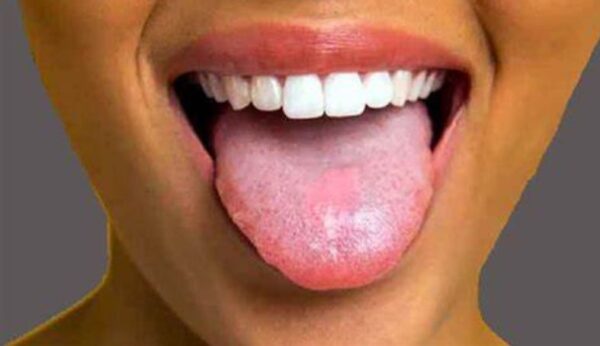Lifestyle
4 health conditions that can make you more prone to heart attack

Cardiovascular diseases (CVDs) have become a major source of concern in India and across the globe.
According to the World Health Organization (WHO), heart-related diseases are the leading cause of death globally.
An estimated 17.9 million people died from CVDs in 2019, of which 85 percent were due to heart attack and stroke, says the global health agency.
Heart attacks and cardiac arrest are some of the most common types of CVDs that are not only severe but can be life threatening.
It refers to a blockage formed within the arteries that stops the flow of the blood to the heart. Without the blood, the heart can’t get enough oxygen, causing damage to the heart muscles.
In recent times, many people, including young individuals are becoming more prone to heart attacks, which is highly concerning.
While many just reduce the risk by certain lifestyle changes, there are certain health conditions you must take note of, which may be adding to your risk of a heart attack.
1. High blood pressure
High blood pressure or hypertension is a condition that occurs when the force of the blood against the artery walls and other blood vessels is too high, causing the flow of the blood and oxygen to the heart to decrease. This in turn compels the heart to work harder to pump blood to the rest of the body, leading to the thickening of the left ventricle, which can increase your chances of heart diseases like heart attack, heart failure and cardiac arrest.
Normally, a high BP is defined as blood pressure above 140/90, and is considered severe if the pressure goes beyond 180/120. It is often known as a ‘silent killer’, since it comes with no symptoms.
2. Unhealthy levels of “bad” LDL cholesterol
There are two types of blood cholesterol: LDL (low-density lipoprotein) cholesterol and HDL (high-density lipoprotein) cholesterol. LDL cholesterol, also known as “bad” cholesterol, causes plaque buildup in your arteries, which is dangerous for the heart. Increases in bad cholesterol in the arteries can narrow down the blood vessels, decreasing the blood flow to the heart, brain, kidneys, and other parts of the body. On the other hand HDL or the “good” cholesterol helps prevent various heart diseases.
3. Obesity
Being overweight is another condition that can increase your risk of heart attack and other cardiovascular diseases. According to the Centers for Disease Control and Prevention (CDC), “Obesity is linked to higher “bad” cholesterol and triglyceride levels and to lower “good” cholesterol levels. Obesity can lead to high blood pressure and diabetes as well as heart disease.” This suggests that obesity can be a root of many chronic health ailments, which is why one must maintain a healthy weight.
4. High blood sugar levels or diabetes
High blood sugar levels can damage, contract and narrow down the arteries in the long run. This happens because diabetes causes sugar build-up in the blood, since your body cannot use all the sugar present. Hence blocking and damaging the blood vessels that carry blood to and from the heart.
Signs of heart attack to watch out for
According to American Heart Association (AHA), warning signs and symptoms of heart attack include:
– Chest pain and discomfort
– Shortness of breath
– Pain and discomfort in the upper body including one or both arms, the back, neck, jaw or stomach.
– Cold sweat or lightheadedness










